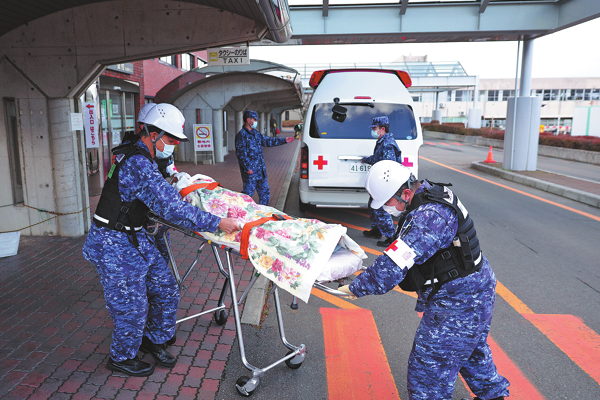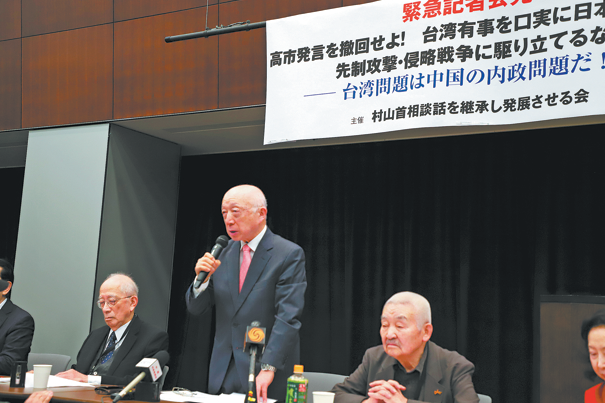Smart systems key to averting conflict over water


Technology is a crucial aspect of improving the availability and accessibility of clean water around the world.
Many of us start our day by reaching for a glass of water, a ritual said to flush out toxins. Others, even before the crack of dawn, are already waiting-desperately-for a pail of water, a daily ration to satisfy basic needs.
Water is at once bountiful and scarce. Primary school has ingrained in us that our planet is about 70 percent water, and that through its cycle, water is eternally recurring. This makes it difficult for most of us to believe that water is now scarce and that a growing number of people are faced with the reality of zero water.
Cape Town, South Africa, narrowly avoided this a year ago, and in Chennai, on India's southeastern coast, four of the city's main reservoirs are almost completely dry.
In Asia's developing countries, water utilities face three major issues: First, they have to manage diminishing resources and infrastructure that is largely spread out, often dilapidated and not well located and identified. Second, they are working with low operational capacities, with a low incentive to perform. And third, they face a general lack of access to operational data and indicators for monitoring progress.
Whereas rapid urbanization and climate change-two key drivers of water insecurity-are harder to control, water utilities are more manageable. The key is to transform these operators into modern and efficient organizations, valuing the people behind them and putting smart systems in place.
In recent years, the development of more affordable sensors, connected devices, and communication channels has revolutionized the quantity of technical data, essentially collecting information on water flows, pressure and quality. Integrating this data from different sources on a platform has improved the management of infrastructure, energy and manpower.
According to a 2016 report by Global Water Intelligence, an international water industry publisher and events organizer, the market for control and monitoring solutions in the water sector worldwide is expected to reach $30.1 billion in 2021, with the Asia-Pacific region having the biggest market share at $10.3 billion.
Smart systems could be key to averting conflict over water. For smart systems to be successful, the focus needs to be placed on infrastructure, operations and institutions.
Infrastructure determines the performance of water systems, especially how the infrastructure is developed and maintained. More-developed utilities have a comprehensive approach to locating, identifying, qualifying and managing infrastructure assets.
In Asia, though, this is often not the case. Most utilities in the region need a systematic way to make decisions about repairing, rehabilitating or replacing aging assets, and to develop an effective strategy for long-term funding.
Singapore-with its Public Utilities Board, the national water agency-has gone from a backwater island to a self-sustaining, highly advanced, water-resilient country.
In the area of operations, a good approach is to begin with the end in mind. These heavy infrastructure projects should fully consider operations, maintenance aspects and capacity building from the design stage, since this sets the foundation for the sustainability of the infrastructure and the efficiency of the service provided.
Transforming water utilities requires not only improved infrastructure and operations, but also strong institutions that support and monitor the utility, both at operation and regulation levels.
Recent examples of cities facing water shortages show how this monitoring is important to ensure that utilities have necessary water resources and infrastructure to satisfy customer demand in the short and long term.
Three focus areas-infrastructure, operations and institutions-together made more formidable by smart systems, build a solid base from which we can help to ensure water supply and equitable access.
This gives us a chance to avoid potential water crisis and conflict. At the end of the day, what we want is water for all.
The author is senior water utility specialist with the Asian Development Bank. The views do not necessarily reflect those of China Daily.






























